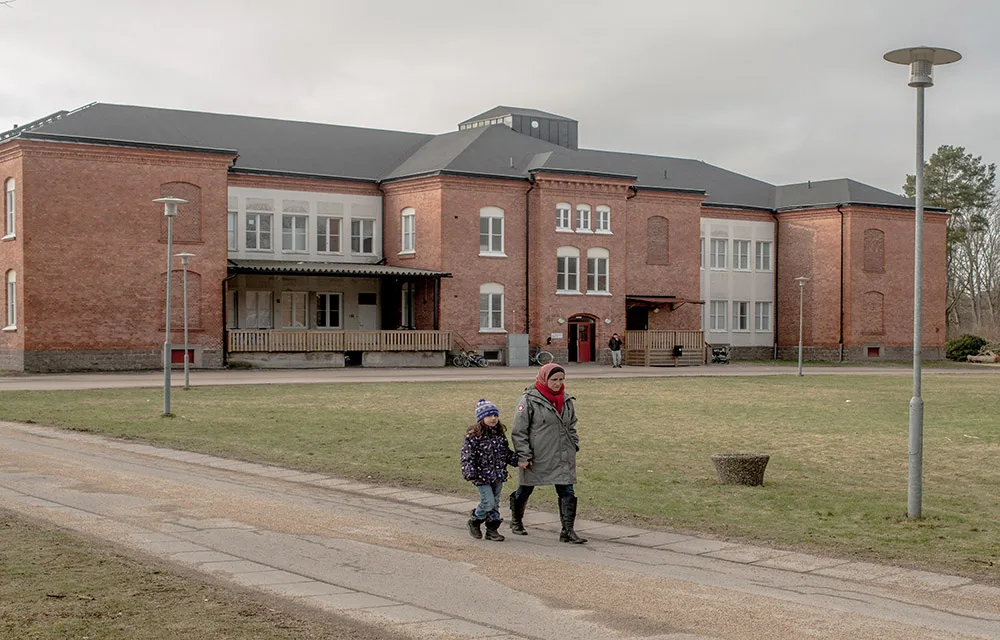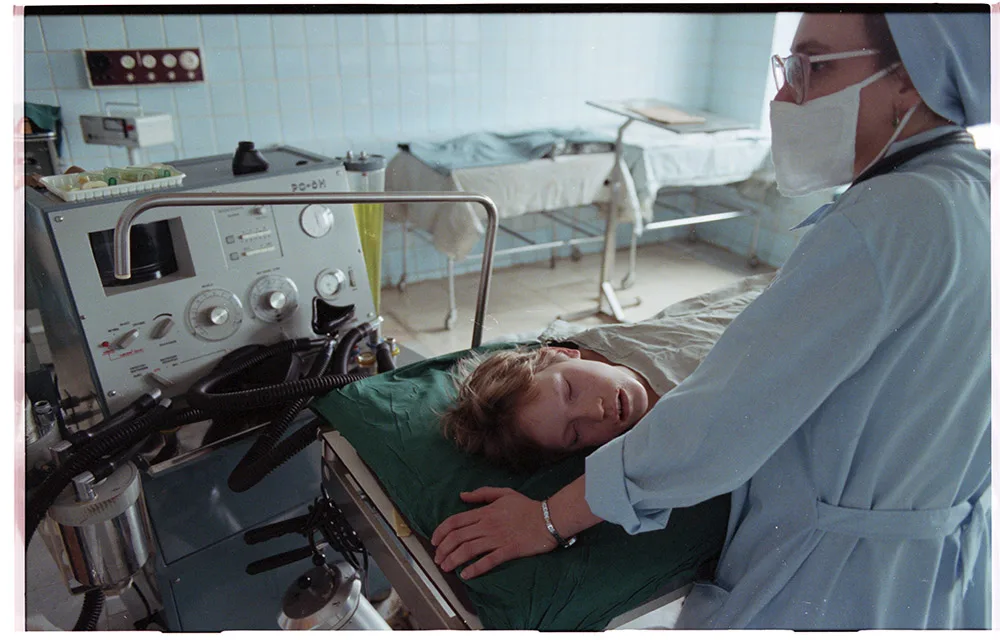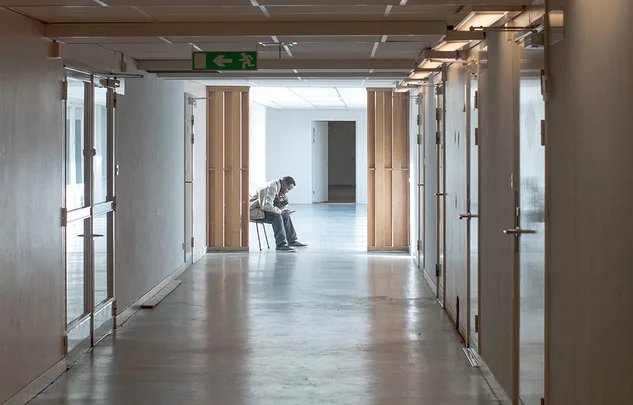In the early two-thousands, hundreds of apathetic children were admitted to hospitals in Sweden. The patients presented as “totally passive, immobile, withdrawn, mute, unable to eat and drink and not reacting to pain.”
Their parents thought they were dying, reports The New Yorker in an astonishing essay on the outbreak.
By 2005, more than 400 immigrant children aged between eight and 15 had become comatose and physically lost the will to live, according to a Swedish medical journal.
Dubbed “resignation syndrome” the condition has only been reported in Sweden, and only among refugees.

The cause of the mystery condition? Deportation. Forty-two psychiatrists wrote an open letter to the department of migration blaming new restrictions on asylum seekers for the disease.
They described the government’s actions as “systematic public child abuse.”
One of the case studies in The New Yorker essay is Georgi, a 13-year-old boy who immigrated with his parents from Russia to Sweden when he was five. After spending the majority of his childhood in Sweden, the young boy and his family were told they must leave Sweden – their home.
Upon learning the news, Georgi slipped into a coma-like state. When he was hospitalised a week later, Georgi hadn’t eaten for four days, had lost six kilograms and hadn’t spoken a complete sentence in a week.
When his nine-year-old brother tried to feed him small sips of Coca-Cola with a teaspoon, the fizzy drink dribbled down Georgi’s chin.

His teacher told his classmates in Sweden, “Georgi has waited such a long time to get an answer about whether he can stay here in Sweden, and he has more or less given up. He finds no meaning in school or even to exist.”
The only cure for the heart-breaking condition is asylum. A doctor told The New Yorker that when granted asylum, sufferers will recover within six months to a year.
After footage of children on stretchers being loaded into airplanes and removed from the country aired on the news, 160,000 Swedes signed a petition to stop the deportation of apathetic children and other asylum seekers.
As a result, the Migration Board began allowing apathetic children and their families to stay in Sweden. Georgi and his family were granted residency in May of 2016 and within four months, he had recovered.
Describing how he felt during the five months he spent in bed, Georgi said, “I was just very tired. My whole body was like water.”
His case, and the 400 others, highlights the devastating effects of deportation on children and their families.










